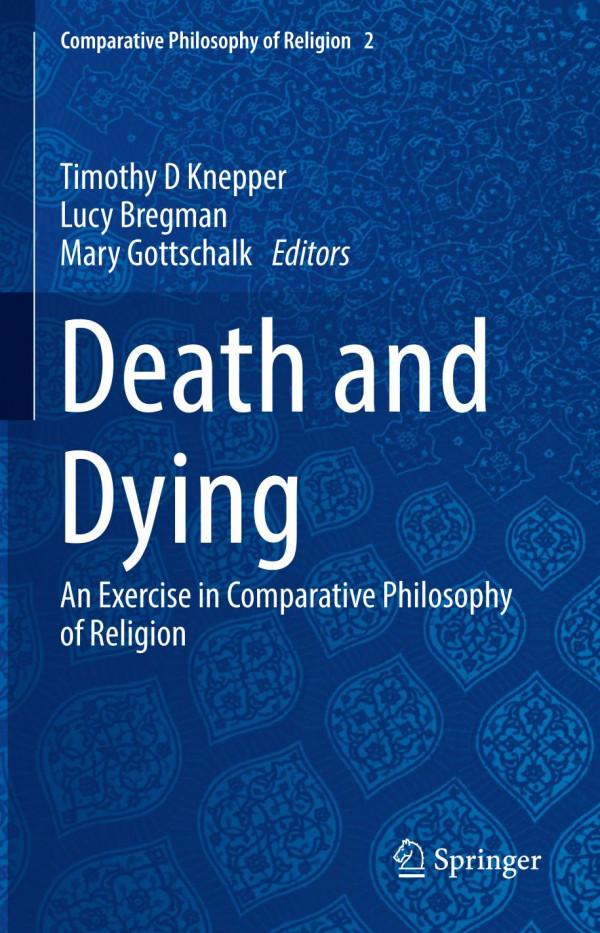

Most ebook files are in PDF format, so you can easily read them using various software such as Foxit Reader or directly on the Google Chrome browser.
Some ebook files are released by publishers in other formats such as .awz, .mobi, .epub, .fb2, etc. You may need to install specific software to read these formats on mobile/PC, such as Calibre.
Please read the tutorial at this link: https://ebookbell.com/faq
We offer FREE conversion to the popular formats you request; however, this may take some time. Therefore, right after payment, please email us, and we will try to provide the service as quickly as possible.
For some exceptional file formats or broken links (if any), please refrain from opening any disputes. Instead, email us first, and we will try to assist within a maximum of 6 hours.
EbookBell Team

5.0
108 reviewsThe medicalization of death is a challenge for all the world's religious and cultural traditions. Death's meaning has been reduced to a diagnosis, a problem, rather than a mystery for humans to ponder. How have religious traditions responded? What resources do they bring to a discussion of death's contemporary dilemmas? This book offers a range of creative and contextual responses from a variety of religious and cultural traditions. It features 14 essays from scholars of different religious and philosophical traditions, who spoke as part of a recent lecture and dialogue series of Drake University’s The Comparison Project. The scholars represent ethnologists, medical ethicists, historians, philosophers, and theologians--all facing up to questions of truth and value in the light of the urgent need to move past a strictly medicalized vision.
This volume serves as the second publication of The Comparison Project, an innovative new approach to the philosophy of religion housed at Drake University. The Comparison Project organizes a biennial series of scholar lectures, practitioner dialogues, and comparative panels about core, cross-cultural topics in the philosophy of religion. The Comparison Project stands apart from traditional, theistic approaches to the philosophy of religion in its commitment to religious inclusivity. It is the future of the philosophy of religion in a diverse, global world.